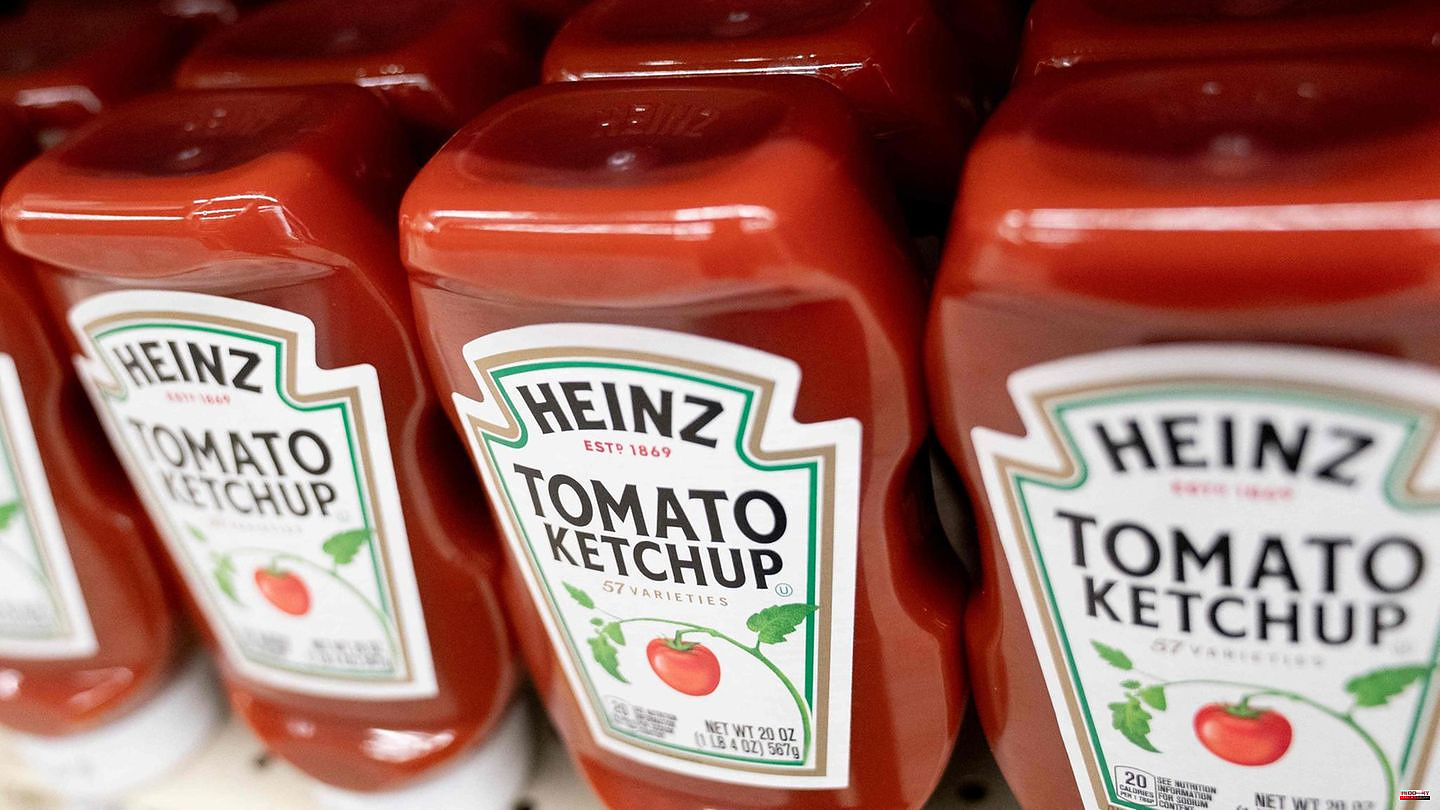In the big ketchup test, Öko-Test issued a devastating testimony to Heinz's classic. "Heinz Tomato Ketchup" from the US group Kraft Heinz was the only one of 20 products tested to receive the overall rating "insufficient". Another test candidate ("Hellmann's") was "poor", the rest received grades between "very good" and "sufficient".
Market leader Heinz's ketchup has "a significant problem with mold toxins," writes Öko-Test. In the laboratory, for example, considerable exposure to alternariol (AOH) was found, which is considered potentially harmful. Alternaria toxin can get into ketchup when manufacturers use overripe or moldy tomatoes.
According to Öko-Test, Heinz has exceeded the EU guideline value for alternariol in processed tomato products almost fivefold. The laboratory also detected mold toxins in other test products, but in much smaller quantities. No other ketchup tested exceeded the EU guideline value. According to its own statements, Öko-Test informed Heinz of the problematic laboratory results, but received no answer.
The star has also asked the group for a statement. A spokeswoman said: "Our strict quality assurance procedures guarantee that every bottle of ketchup we produce meets or exceeds European food safety standards - any claims to the contrary are taken very seriously."
Mold toxins weren't the only problem the eco-testers had with the Heinz ketchup. The branded product from the food giant also contained the highest sugar content of all test candidates: 25.3 grams of sugar per 100 milliliters make Heinz ketchup the biggest sugar bomb in the ketchup comparison. Other manufacturers have at least reduced the sugar content a little recently.
In addition, Kraft Heinz was the only manufacturer to give Öko-Test no information about the origin and supply chain of the tomatoes used. This is relevant insofar as the environmental and working conditions are not the best for many tomato producers. One of the main growing areas is the Chinese province of Xinjiang, where the Uyghur ethnic group is systematically held in labor camps.
The Heinz spokeswoman told Stern that "most of our tomatoes come from Spain and California" and work closely with the producers "to promote sustainable agricultural practices". The spokeswoman also pointed out that Heinz also offers ketchup varieties with less sugar.
But there were also a number of good ketchups and even two very good ones in the test. Among the organic brands, the tomato ketchup from Zwergenwiese came out on top. The ingredients were very good and the pollution was harmless. Even the sugar content has been reduced from 27 to 19 grams per 100 milliliters compared to the last study in 2020. Overall rating: "very good". In terms of conventional tomato ketchups, Penny's discounter product also impressed with the grade "very good".
Note: Heinz's statement was added later
The entire ketchup test is available online at Öko-Test.












